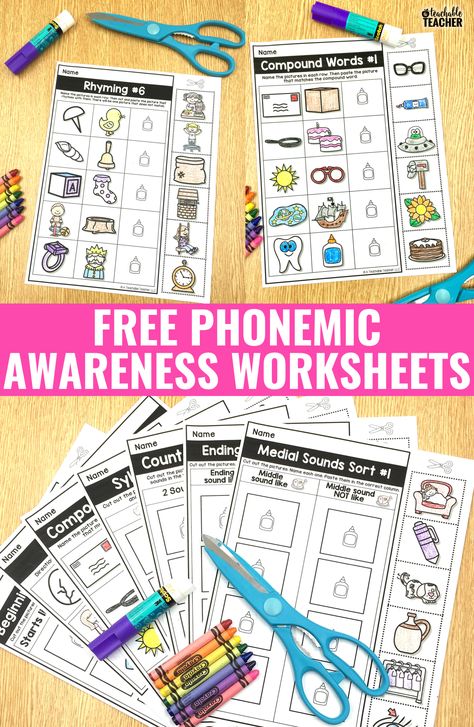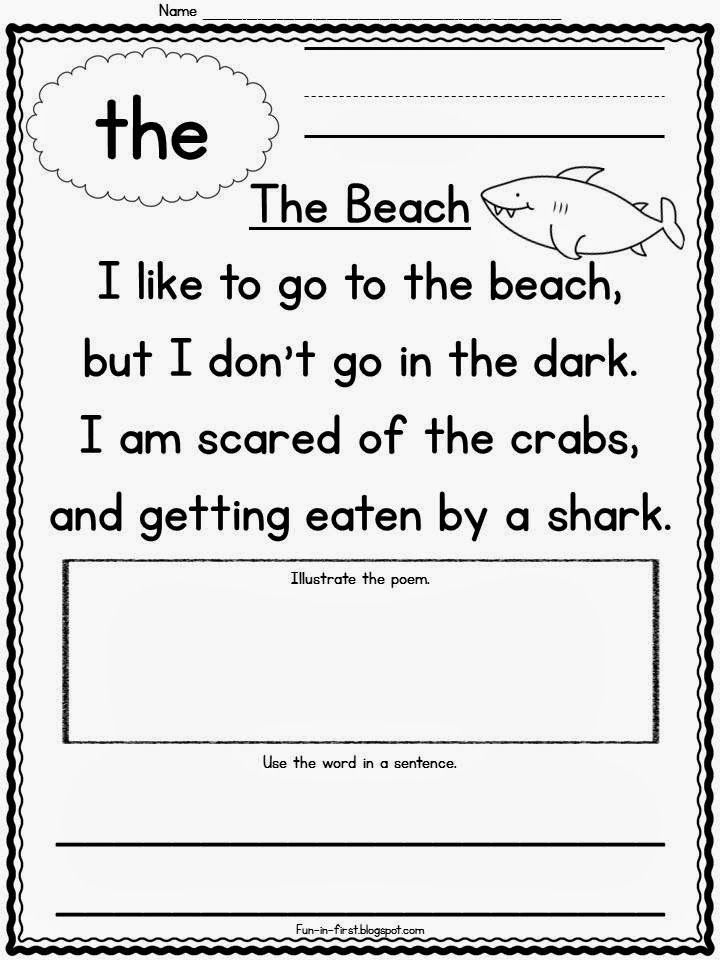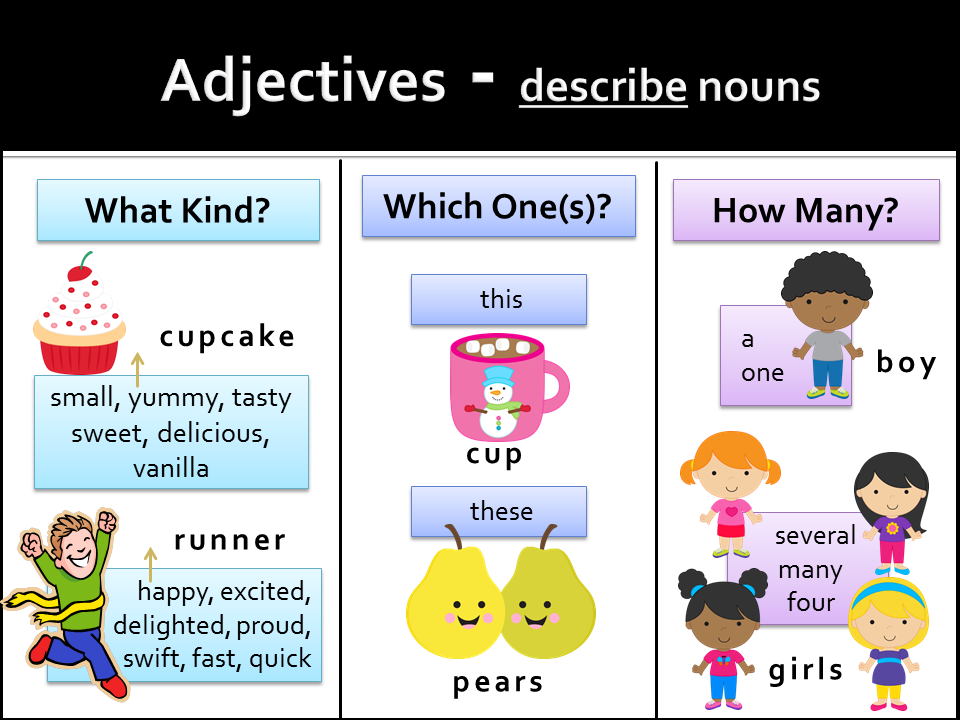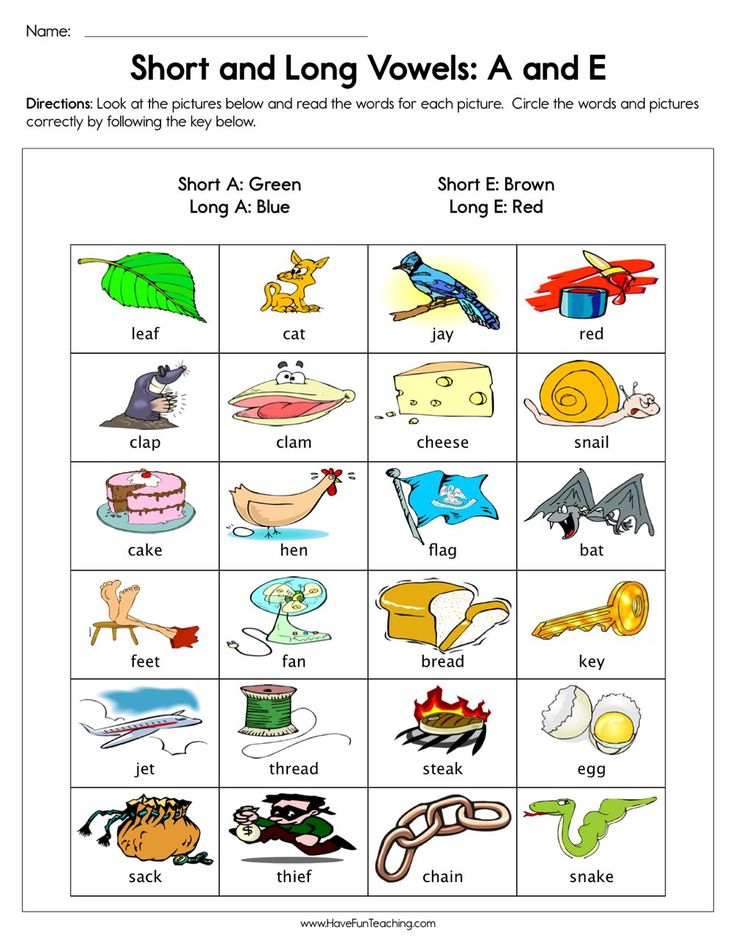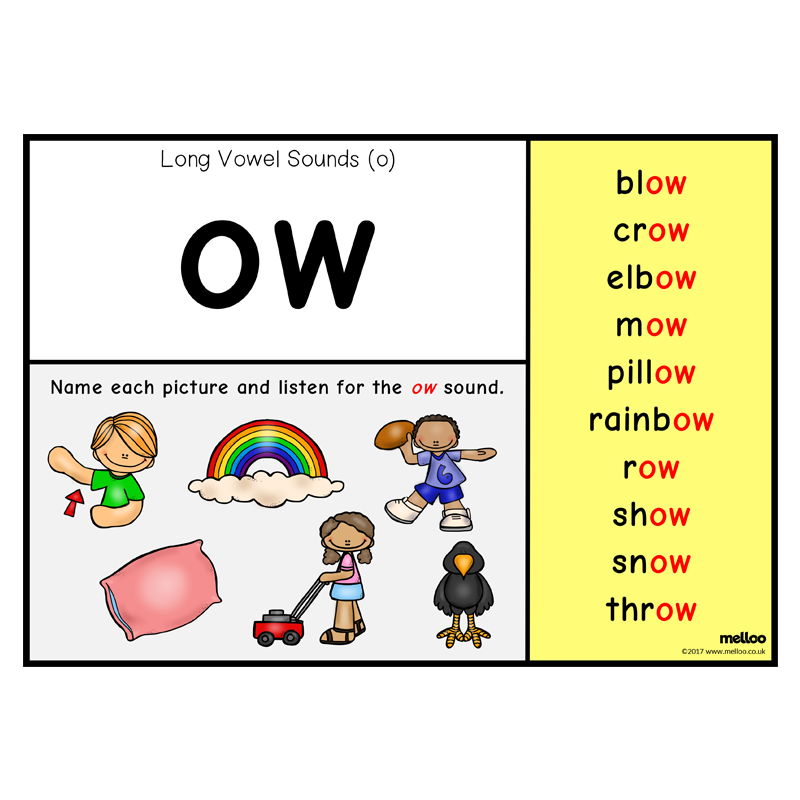Free phonological awareness activities
Phonemic Awareness Activities For A Strong Reading Foundation
What Is Phonemic Awareness?
Phonemic awareness is a concept that deals with identifying and manipulating single sounds in words, known as “phonemes”.
A phoneme is the smallest possible unit of sound in a language. Phonemes blend together to form words, and every word we use is made up of a combination of them.
Even though there are only 26 letters in the alphabet, there are 44 unique phonemes in English (and 250 different ways to spell them!). Fortunately, especially in words beginners need to read, most of the sounds are linked to one main letter.
If you change any letter in a word, though, you change everything! For example, take the word “rag.” If the first sound, or phoneme, of the word is changed to a “b,” then you’re left with an entirely new word (bag) with its own distinct meaning.
So when you think about it, building phonemic awareness is really about your child playing around with sounds and then switching sounds in words. It’s like a Dr. Seuss book come to life!
Why Is Phonemic Awareness Important?
It’s hard to learn how to read if you can’t match sounds to letters. That’s where phonemic awareness comes in.
Kids are often asked to “sound out” words they don’t recognize or understand. A firm grasp of phonemic awareness is the backbone of this technique!
Understanding how to break down unfamiliar words into individual phonemes can be an incredible, powerful tool for your child to use on their learning journey.
Phonemic awareness skills can also help build your child’s confidence and familiarity with the sounds and letters they are trying to read. The more comfortable they are with letter sounds the better prepared they will be for a lifetime of learning and reading!
Fun And Easy Phonemic Awareness Activities
Now that we’ve discussed what phonemic awareness is and why it’s important, we’ll walk you through some fun and easy activities you can use to help develop your child’s phonemic awareness skills.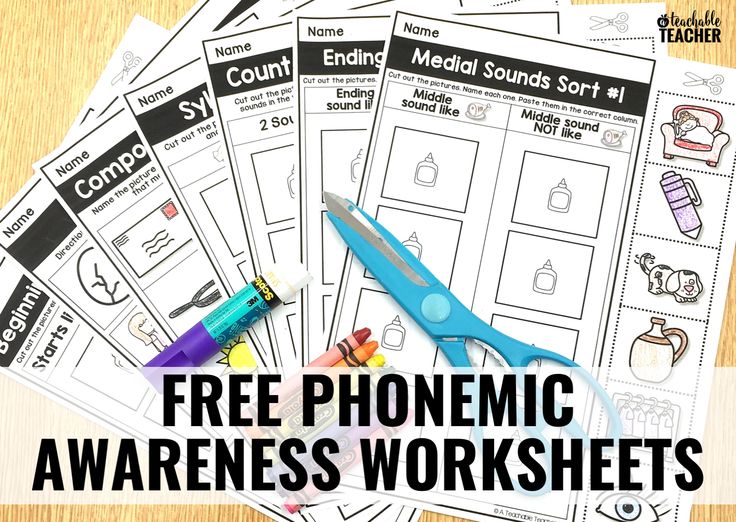
Guess-That-Word
If you’d like to give this activity a go, lay out a few items or pictures in front of your child. Aim to use familiar objects that they can easily name.
Let them know you’ll be using “snail talk” or “slow-motion” talk, meaning you will be announcing the names of the items in a funny voice. Their goal is to guess the name of the item or picture in question before you finish saying the word.
For example, if there’s a picture of a cat in front of your child, drag out the C, A, and T sounds as long as you can. Your child can jump in anytime and shout the word of the object as loudly as they can!
This game works on blending phonemes, an essential part of phonemic awareness. The game helps encourage children to pay attention to the individual sounds that make up words.
Mystery Bag
Those little plastic letter magnets that are probably hanging out on your fridge will come in handy for this one!
If you choose to do this activity, you’ll need a spare box or paper bag.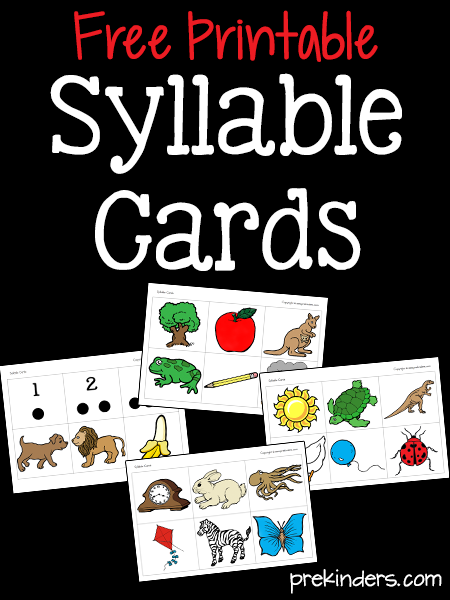 Place three plastic letters that can be used to make an easy-to-sound-out word (pat or cat, for example) inside the bag.
Place three plastic letters that can be used to make an easy-to-sound-out word (pat or cat, for example) inside the bag.
Suggest your child pull out one letter at a time. Ask them what sound each letter makes. For younger children, you can place the letters together to spell a word and sound it out for them. Then let them copy you.
You can ask older children to try to make a word on their own. If they make tap instead of pat that’s fine, of course! With more advanced readers, also consider adding more letters to make longer words.
Additionally, you can try letter swapping or letter deletion. Your child makes slip but what happens when you “steal” the “s” or the “l”? This kind of letter change is challenging but is also excellent practice!
Finally, you can also put lots of letters in the bag and then pull out a few and see if you can make a real word, a nonsense word, or (lacking a vowel) no word at all.
The mystery of the Mystery Bag is how versatile it is!
Clapping It Out
If your child loves to sing, this might be the activity for them!
You can sing any song or nursery rhyme. Simply have your child clap with the different syllables. Make sure you encourage them to clap loudly and enthusiastically for a fun learning experience!
Simply have your child clap with the different syllables. Make sure you encourage them to clap loudly and enthusiastically for a fun learning experience!
This activity is great for helping your child with their syllable awareness as well as their segmentation skills.
Make Some Noise!
If you’d like to explore this activity with your child, grab a few things from around the house that make a lot of noise. Whistles, pots and pans, bells, or bubble wrap are all great options.
Instruct your child to close their eyes (no peeking!) and listen to the sound you make. Once the sound is over and they think they know what caused it, they can take a guess.
Encourage them to give their answer in full sentences (“The sound I heard was a door opening.”).
After your child is able to correctly identify several individual sounds, you can mix things up by adding more noises one after another. For example, if you close a noisy door, ring a bell, then delicately tap a glass cup with a fork, your child would try to identify all three sounds.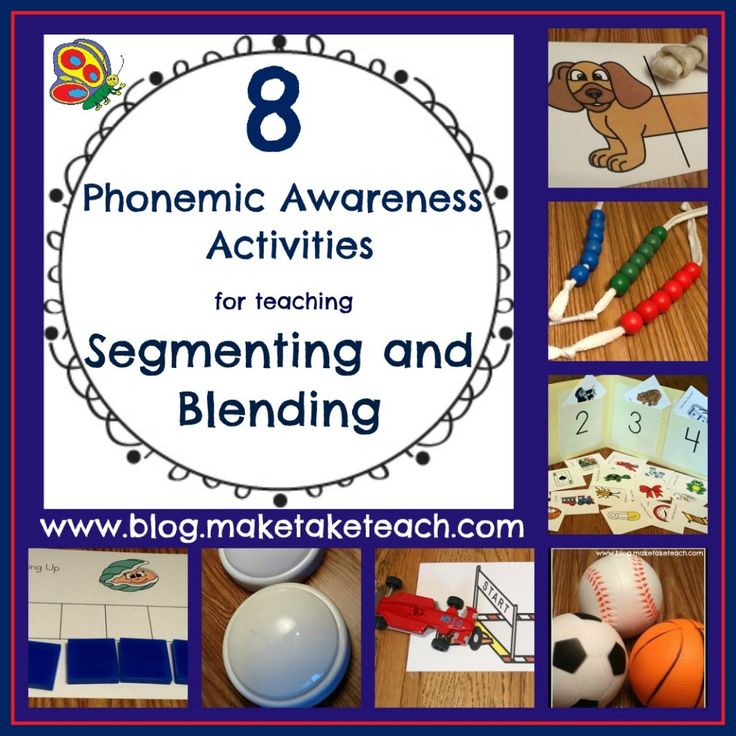
Although this game does not deal explicitly with letter sounds, it works on an extremely important skill — listening!
By helping your child practice their detailed listening skills, you can help them engage in more focused ways when they are listening and playing with word sounds.
I-Spy With Words
Another fun way to engage phonemic awareness skills is by playing the game I-Spy, but instead of colors, play with sounds. Plus, it’s mobile; you can take this game anywhere, so it’s perfect for busy families on the go!
You can say, “I spy with my little eye something that starts with the /a/ sound . . .” and wait for your child to shout out something they see that begins with that sound.
This helps them with focusing and identifying the initial letter sound in words, an important building block for strong reading as they grow.
Rhyme Matching Game
If you want to try this activity, print out pictures of common items that rhyme. For example, chair/bear, rat/mat, and so on.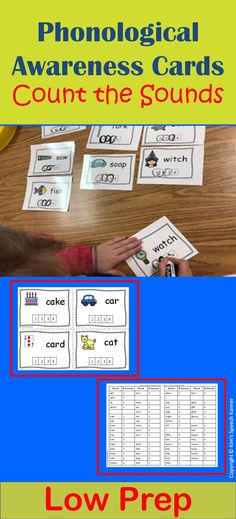
Your child will try to match the pictures to make rhyming pairs. This activity could take some getting used to for your child, but patience and practice are on your side!
If you find that your young learner needs a little bit more exposure to rhymes in order to understand how to match up the pictures, don’t be afraid to break it down for them.
You can tell them that rhymes are words that sound the same at the end. If it seems helpful, you can sit with your child and brainstorm rhyming words with them. Having you walk them through it step-by-step could be the extra support they need!
Make Your Own Rhyme
We mentioned that all of these phonemic awareness activities may make you feel like you’re living inside a Dr. Seuss book. But your child will love becoming their very own tongue-twisting, silly master of rhyming!
Dr. Seuss makes up all kinds of words in his books in order to create rhymes. Your child can do the very same thing (and learn a lot from it!).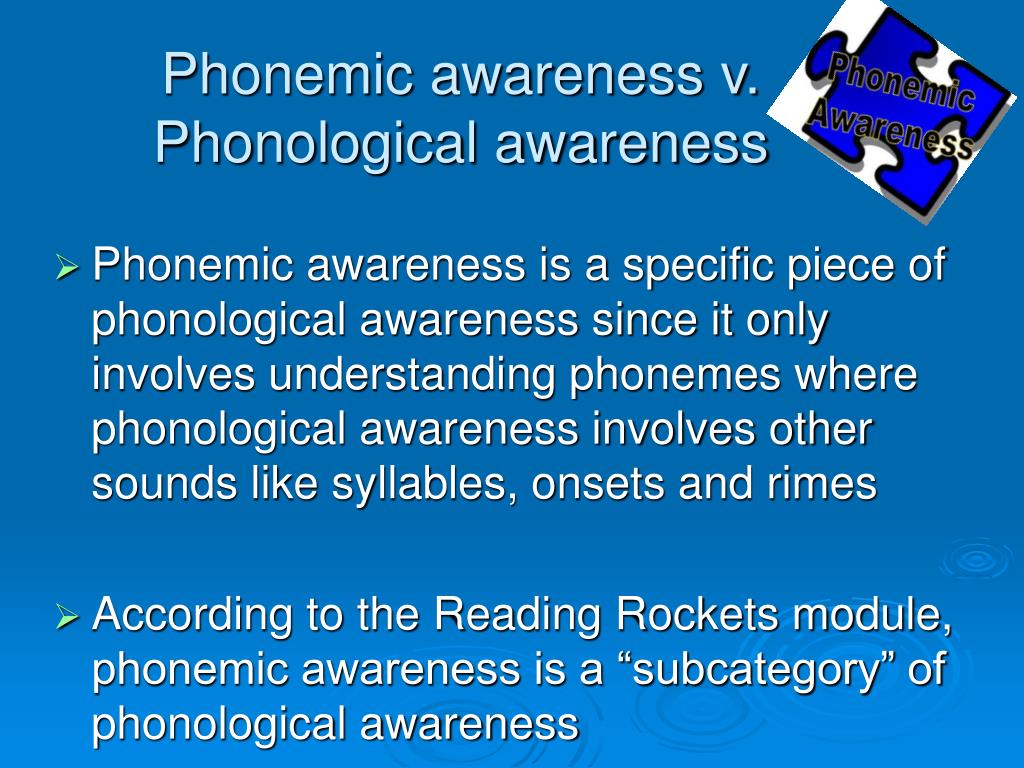
You can get them started by providing them with a funny example. Something like, “There’s a noodle in my schmoodle.” Encourage them to come up with their own funny rhyme!
Drawing A Phonetic Alphabet
If you feel like your child needs to focus specifically on the phonetic sounds our alphabet makes, this might be a great exercise to choose.
You can work with your child to draw animals that make the same sounds as alphabetic letters.
For example, draw a big, winding snake in the shape of an “s.” Since snakes hiss, they’re a wonderful representation of the sss sound.
Another option could be a buzzing bee. When bee’s fly near your ear, they make a loud “buzzz-zzz,” sound. You could help your child draw a bee flying across the pattern, with a dashed line in the shape of a “z” to show their path!
Feel free to get creative, colorful, and fun here. This will help your child hone in on their isolation skills, as well as help them learn to pay attention to their phonemes!
Find The Best Phonemic Awareness Activities For Your Child
We know your child is unique.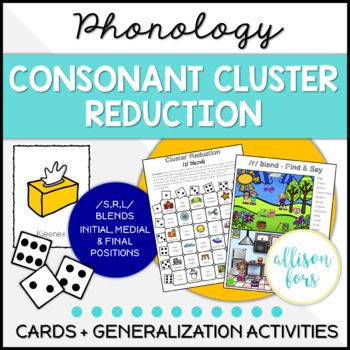 Which learning activities they respond to best might be slightly different from those a child in their class or the kid next door responds to.
Which learning activities they respond to best might be slightly different from those a child in their class or the kid next door responds to.
This is normal! Phonemic awareness activities are all about what helps your child learn in the most fun, effective, and easiest way possible.
We hope some of these suggestions gave you creative, new ideas for working on phonemic awareness in your home. If you ever find yourself wanting to explore more ideas, try our learning quiz to find more options that are just right for your child!
No matter which of these phonemic awareness activities you choose, your child is on their way to a happy, lifelong love of learning. We’re so excited to be on this journey with you!
Author
Phonological and Phonemic Awareness: Activities for Your First Grader
That's a complicated sounding term, but it's meaning is simple: the ability to hear, recognize, and play with the sounds in spoken language.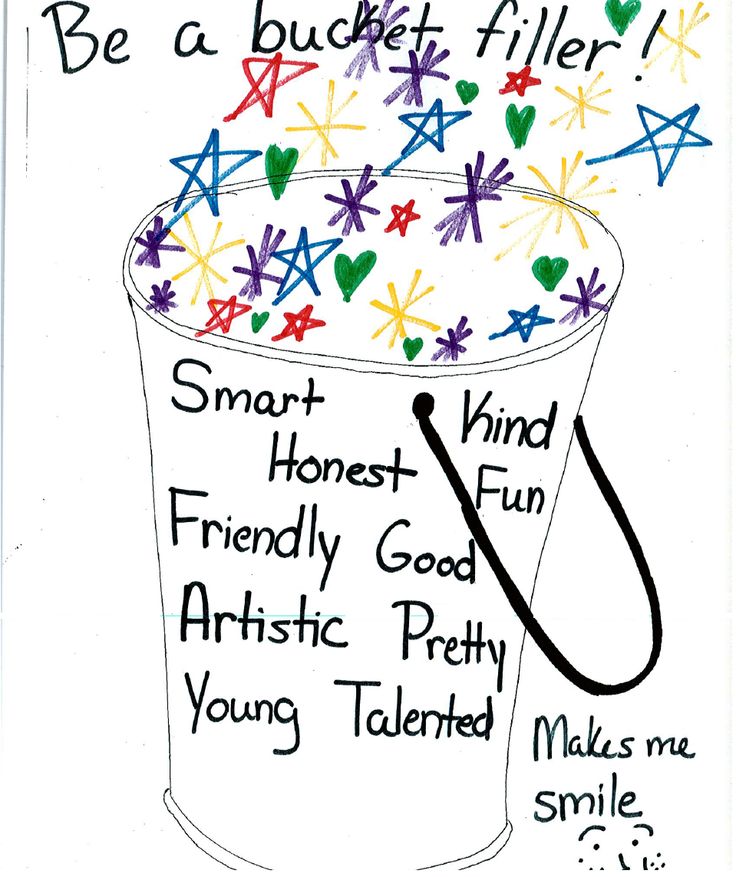 Phonological awareness is really a group of skills that include a child's ability to:
Phonological awareness is really a group of skills that include a child's ability to:
The most sophisticated phonological awareness skill (and the last to develop) is called phonemic awareness — the ability to hear, recognize, and play with the individual sounds (phonemes) in spoken words. When playing with the sounds in word, children learn to:
Strong phonemic awareness is one of the strongest predictors of later reading success. Children who struggle with reading, including kids with dyslexia, often have trouble with phonemic awareness, but with the right kind of instruction they can be successful. Learn some of the warning signs for dyslexia in this article, Clues to Dyslexia in Early Childhood.
Your first grader should be able to recognize rhyming words and create their own rhyming word pairs or sets (big, dig, fig). See if your child can also identify the first, middle and last sounds they hear in a word, and show you how many sounds are in simple one-syllable words using their fingers (sit = s-i-t = 3 sounds).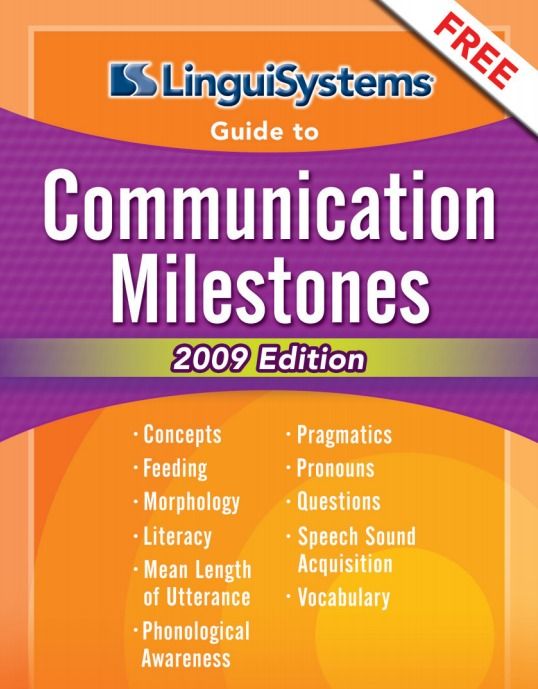
Parents can make a big difference in helping their children become readers by practicing these pre-reading oral skills at home. Try some of the simple rhyming and word sound games described here.
Why phonemic awareness is the key to learning how to read
This video is from Home Reading Helper, a resource for parents to elevate children’s reading at home provided by Read Charlotte. Find more video, parent activities, printables, and other resources at Home Reading Helper.
Try these speech sound activities at home
Syllable shopping
While at the grocery store, have your child tell you the syllables in different food names. Have them hold up a finger for each word part. Eggplant = egg-plant, two syllables. Pineapple = pine-ap-ple, three syllables.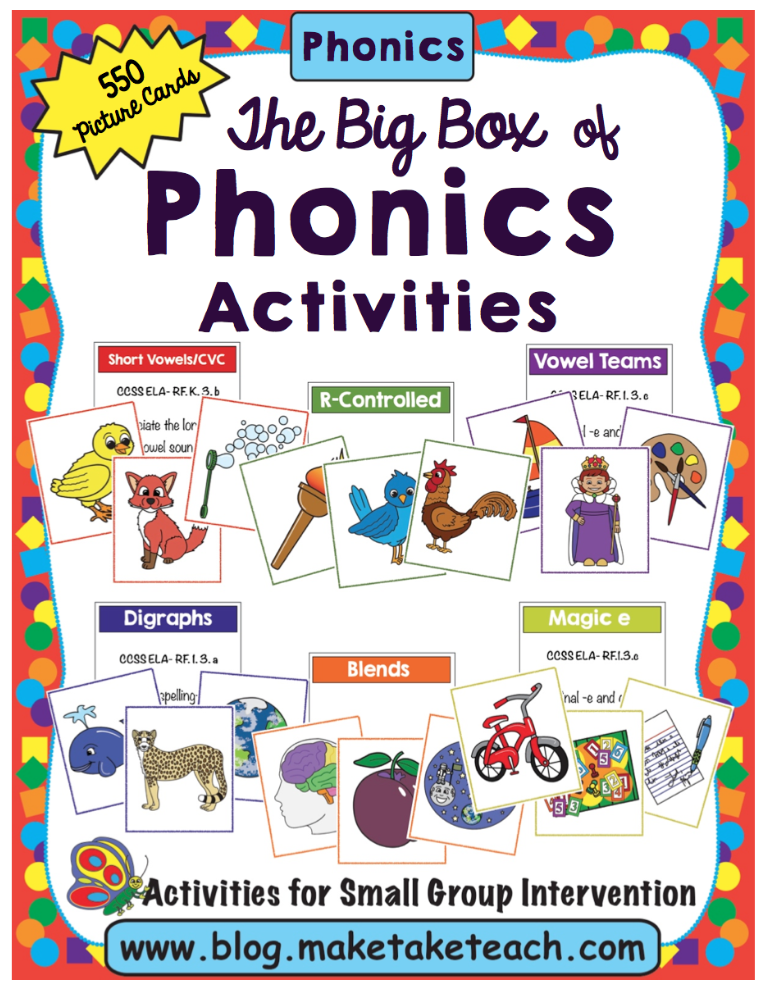 Show your child the sign for each and ask her to say the word.
Show your child the sign for each and ask her to say the word.
Rhyme time
“I am thinking of an animal that rhymes with big. What's the animal?” Answer: pig. What else rhymes with big? (dig, fig, wig)
Road trip rhymes
While you're out driving in the car, spot something out the window and ask your child, "what rhymes with tree or car or shop?" Then switch roles and have your child spot something and ask you for a rhyme. This can turn into a game of nonsense rhymes ("What rhymes with tree stump?") but that's great for practicing sounds, too!
Word families
Word families are sets of words that rhyme. Start to build your family by giving your child the first word, for example, cat. Then ask your child to name all the "kids" in the cat family, such as: bat, fat, sat, rat, pat, mat, hat, flat. This will help your child hear patterns in words.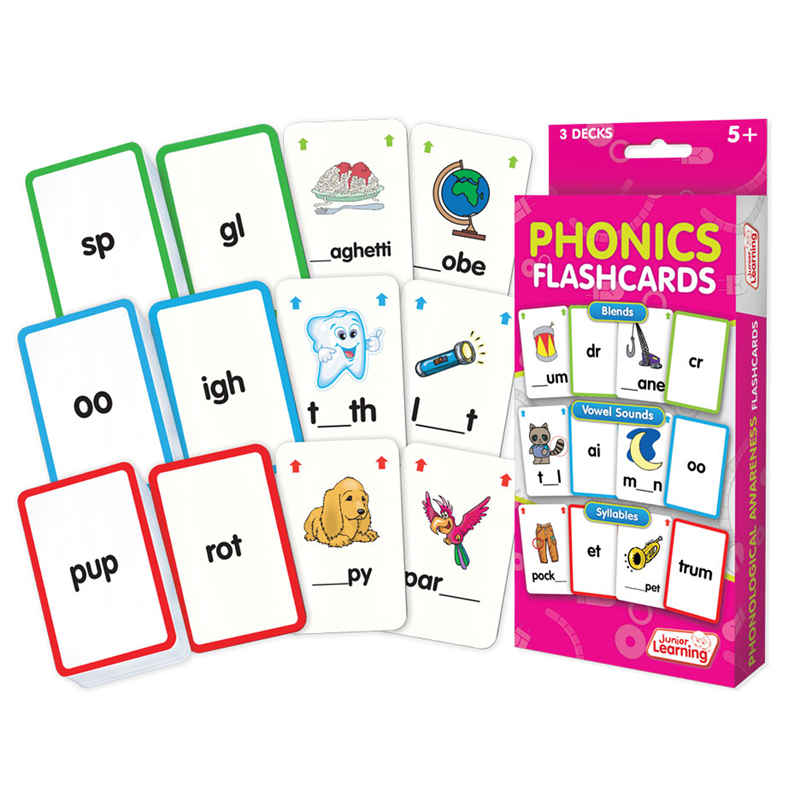
Silly tongue twisters
Sing songs, read rhyming books, and say silly tongue twisters. These help your child become sensitive to the sounds in words.
Sound games
Practice blending sounds into words. Ask "Can you guess what this word is? m - o - p." Hold each sound longer than normal.
One sound at a time
Certain sounds, such as /s/ or /m/are great sounds to start with. The sound is distinct, and can be exaggerated easily. "Please pass the mmmmmmmmilk." "Look! There's a ssssssssssnake!" It's also easy to describe how to make the sound with your mouth. "Close your mouth and lips to make the sound. Now put your hand on your throat. Do you feel the vibration?"
Tongue ticklers
Alliteration or "tongue ticklers" — where the sound you're focusing on is repeated over and over again — can be a fun way to provide practice with a speech sound. Try these:
- For M: Miss Mouse makes marvelous meatballs!
- For S: Silly Sally sings songs about snakes and snails.
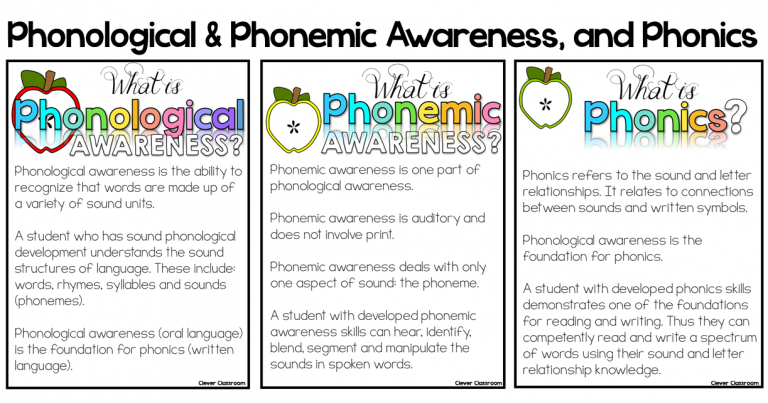
- For F: Freddy finds fireflies with a flashlight.
"I Spy" first sounds
Practice beginning sounds with this simple game: ask your child questions like, “I spy something red that starts with /s/.”
Sound sleuth
Choose a letter sound, then have your child find things around your house that start with the same sound. “Can you find something in our house that starts with the letter “p” pppppp sound? Picture, pencil, pear”
"I Spy" blending
Here's an easy phoneme blending game you can play while talking a walk. For blending, you can say, “I see a sign that says s-t-o-p” Then your child has to blend the sounds to guess your word — stop. (Remember to say only the sounds in the word — not the letters.) Keep the words short, moving from two to three to four sounds depending on your child’s skill level.
Jump, skip, hop!
Create simple picture cards that you draw or cut out of magazines. Have your child, identify what's in the picture, and then break that word into its individual sounds.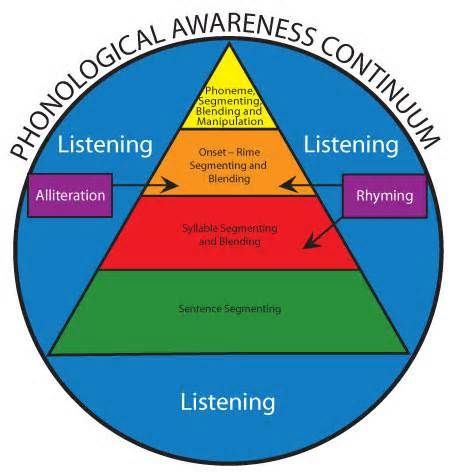 For example dog is d-o-g, three sounds (phonemes). Three sounds? You and your child do three jumping jacks, skips, or hops (followed by a high-five). You can also do this game outdoors without the cards, just call out simple words for your child.
For example dog is d-o-g, three sounds (phonemes). Three sounds? You and your child do three jumping jacks, skips, or hops (followed by a high-five). You can also do this game outdoors without the cards, just call out simple words for your child.
Snail talk
Tell your child you're going to communicate in "snail talk" and they need to figure out what you're saying. Take a simple word and stretch it out very slowly (e.g., /fffffllllaaaag/), then ask your child to tell you the word. Switch roles and have your child stretch out a word for you.
First sounds
When you’re reading together with your child, pick a word from the book and say it with emphasis on the first sound. Pick another word and compare them. “Zzz-zookeeper and rrr-rhinoceros. Can you hear what sound zzz-zookeeper starts with? Is it the same as rrr-rhinoceros?
Sound counting
Using LEGO bricks, beads, or pennies, say a word and have your child show you how many sounds the word makes.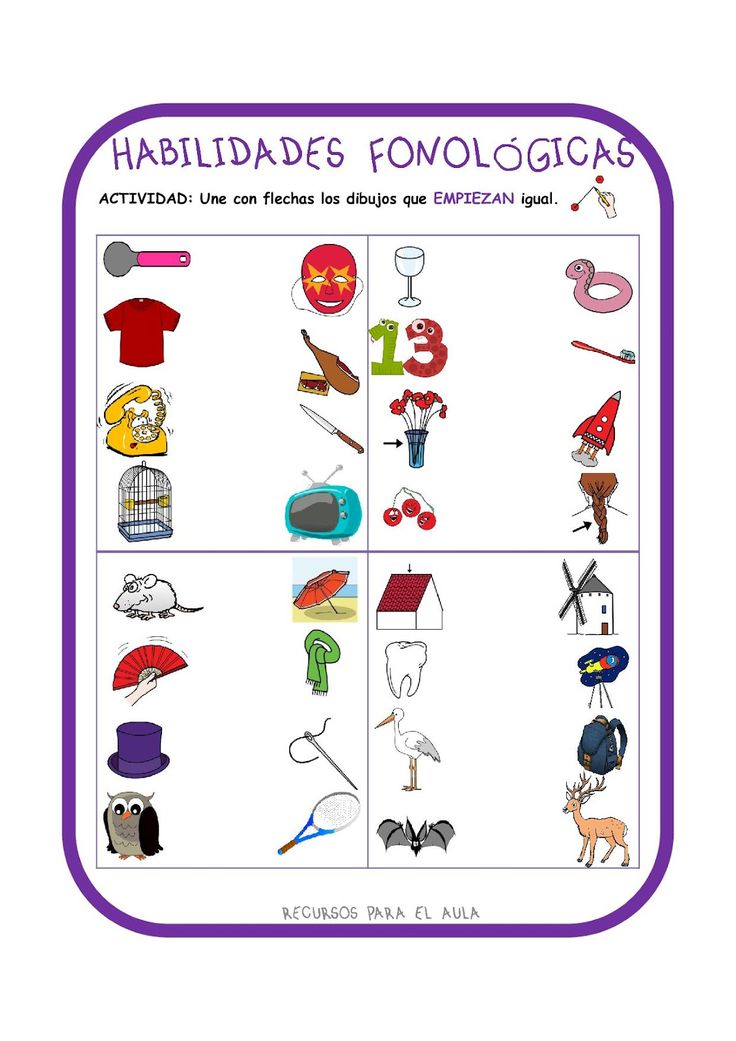 For example, top = t-o-p = three sounds, so your child would place three objects in a row. Then have them tap each object as they say the sound. Remember, your child is just showing you the sounds they hear. So the word bike would be = b-i-k (silent e) = only three sounds.
For example, top = t-o-p = three sounds, so your child would place three objects in a row. Then have them tap each object as they say the sound. Remember, your child is just showing you the sounds they hear. So the word bike would be = b-i-k (silent e) = only three sounds.
Rime house
Try this activity from the Florida Center for Reading Research (FCRR). The FCRR "At Home" series was developed especially for families! Watch the video and then download the activity: Rime House. See all FCRR phonological awareness activities here.
Phoneme dominoes
Try this activity from the Florida Center for Reading Research (FCRR). The FCRR "At Home" series was developed especially for families! Watch the video and then download the activity: Phoneme Dominoes. See all FCRR phonological awareness activities here.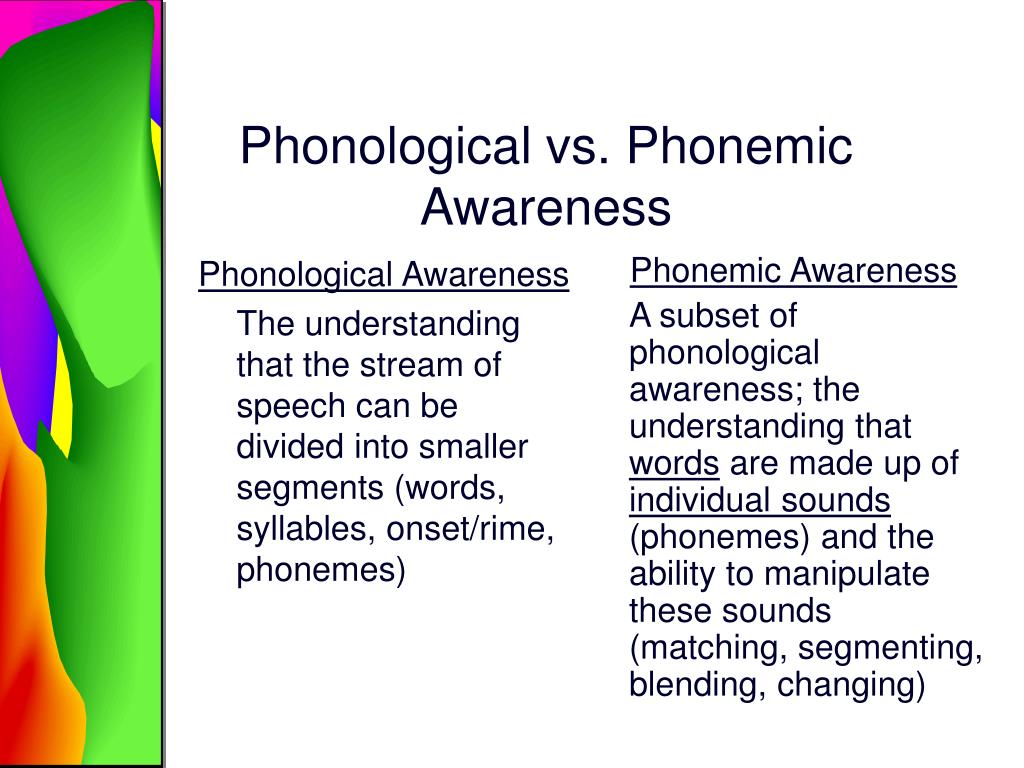
Picture slide
Try this activity from the Florida Center for Reading Research (FCRR). The FCRR "At Home" series was developed especially for families! Watch the video and then download the activity: Picture Slide. See all FCRR phonological awareness activities here.
More phonological and phonemic awareness resources
English Teaching Methods - Skyteach
December 6, 2021
Team games for teenagers at English lessons
Alexandra Luneva
4443
0
2
Relationships in a team are especially important for teenagers.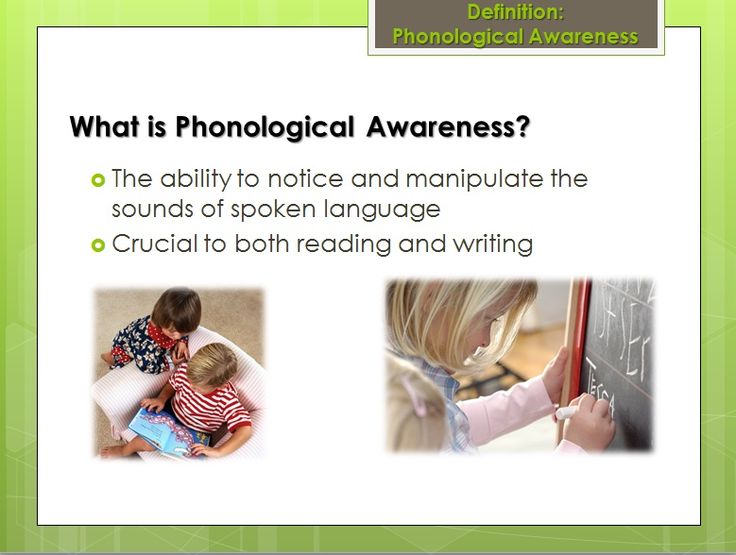 They can be improved by distributing the guys who do not get along with each other into one team. Working on one task will help them find a common language, especially if the game is against the clock. Games establish and strengthen social ties, and they also help to memorize new material, because they add emotional coloring to it. In addition […]
They can be improved by distributing the guys who do not get along with each other into one team. Working on one task will help them find a common language, especially if the game is against the clock. Games establish and strengthen social ties, and they also help to memorize new material, because they add emotional coloring to it. In addition […]
December 4, 2021
5 Ways to Help Children Cope with Writing and Reading
Elizaveta Guzeeva
1517
3
9
Teachers of preschoolers and elementary school students sometimes encounter students who are not given English graphics and spelling. Constant errors in letter combinations, inverted and rearranged letters - a familiar story? Now we will understand why such errors occur and how you can help students.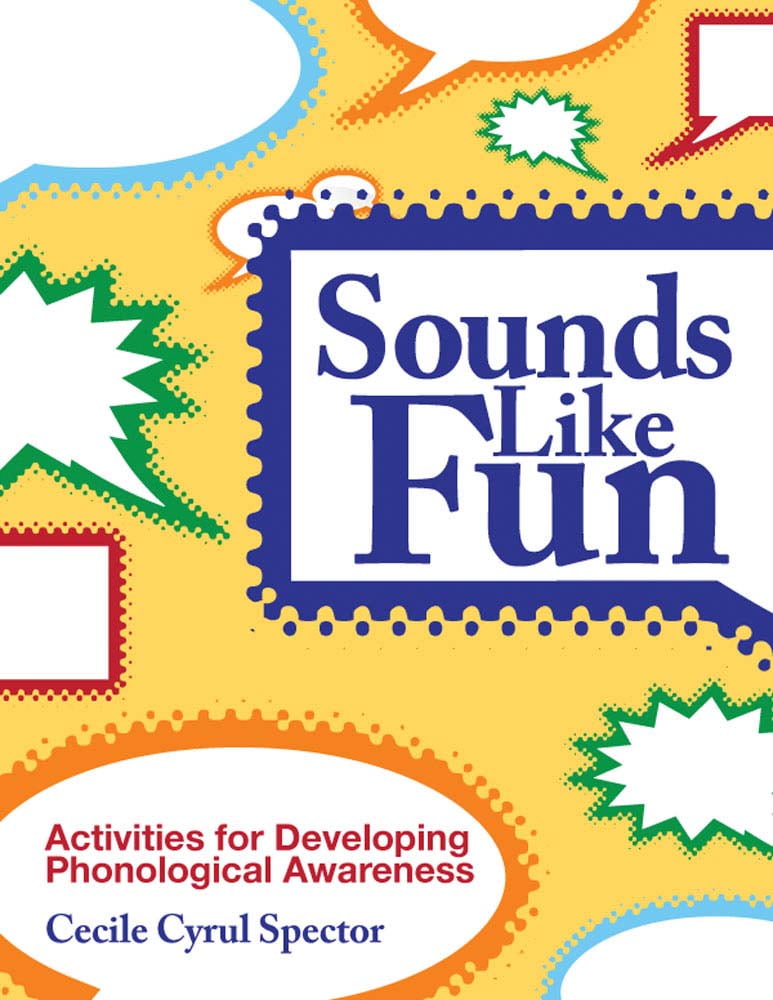 Why there are problems with writing and reading The complexity of the English language: it has specific rules […]
Why there are problems with writing and reading The complexity of the English language: it has specific rules […]
November 29, 2021
Why students forget what they have learned and how to help them
Marina Evstratova
1706
0
2
Have you ever had to re-explain to your students a topic that you recently covered? This causes different emotions: from misunderstanding to irritation due to the fact that the student cannot remember simple information in any way. One reason for forgetting is how the program is built. In this article, I will help identify and solve problems in the organization of the material. Why do students forget what they have learned? Basic […]
November 28, 2021
Life hacks to expand the vocabulary of high school students
Alexandra Luneva
1589
0
2
Do your high school students sleep on their desks and forget their notebooks? No, but still do not learn the words for the lesson? In this article I want to share how to help students learn English words in an interesting way and actively use them in speech. Word of the day and news at the beginning of the lesson Teenagers sometimes follow the news and like to keep abreast of trends. Enter a simple […]
Word of the day and news at the beginning of the lesson Teenagers sometimes follow the news and like to keep abreast of trends. Enter a simple […]
November 24, 2021
7 simple phonological games to help your child learn to read English
Julia Belonog
3242
7
5
Before learning to swim, children get used to the water, learn to breathe properly, and train to lie on the water. In the same way, before learning to read, a preparatory stage is needed - the child must learn to distinguish sounds and control them. This is called phonological awareness. The development of phonological awareness includes the following steps: separating words in a sentence by ear; selection of rhyming words; distinction […]
Get helpful English teacher compilations every week
The student has a spontaneous question, and there is almost no time to think about the answer.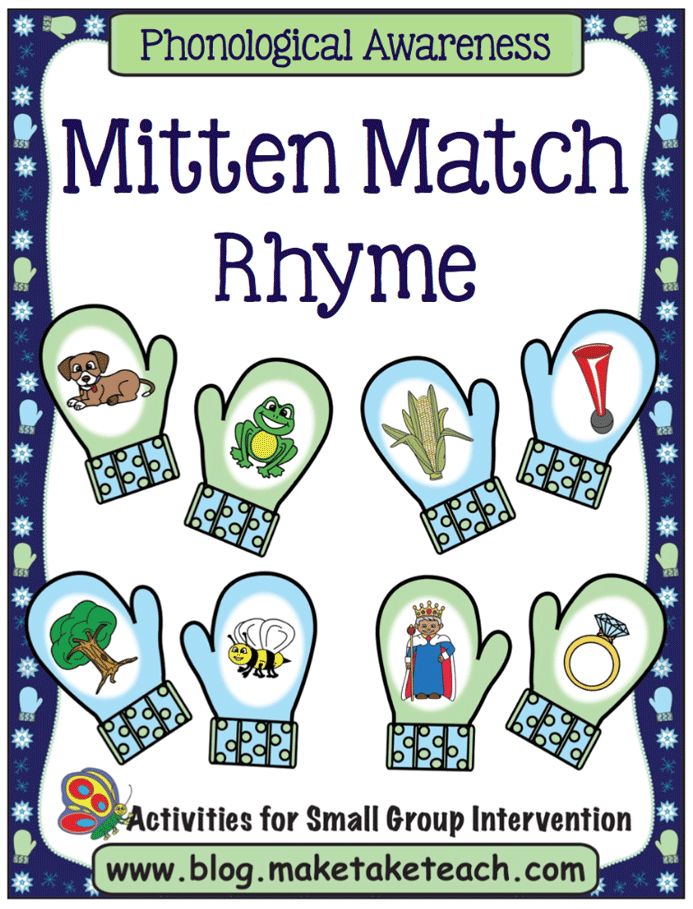 Familiar? Time pressure and suddenness force us to look for new ways of presenting the material. Impromptu can be successful; such compact and memorable explanations are decorations for a personal methodical piggy bank. In the article I will share some of my findings that helped me out more than once, and most importantly, these explanations helped the students to remember […]
Familiar? Time pressure and suddenness force us to look for new ways of presenting the material. Impromptu can be successful; such compact and memorable explanations are decorations for a personal methodical piggy bank. In the article I will share some of my findings that helped me out more than once, and most importantly, these explanations helped the students to remember […]
November 20, 2021
How to include proverbs in an English lesson. 6 exercises and completed tasks
Veronika Avetisyan
1666
0
3
Is it worth spending time on proverbs in class? My answer is yes, unless you teach English in a specific field, such as pilots or lawyers. The meaning of proverbs is difficult to understand when translated literally, and speakers often use them in speech.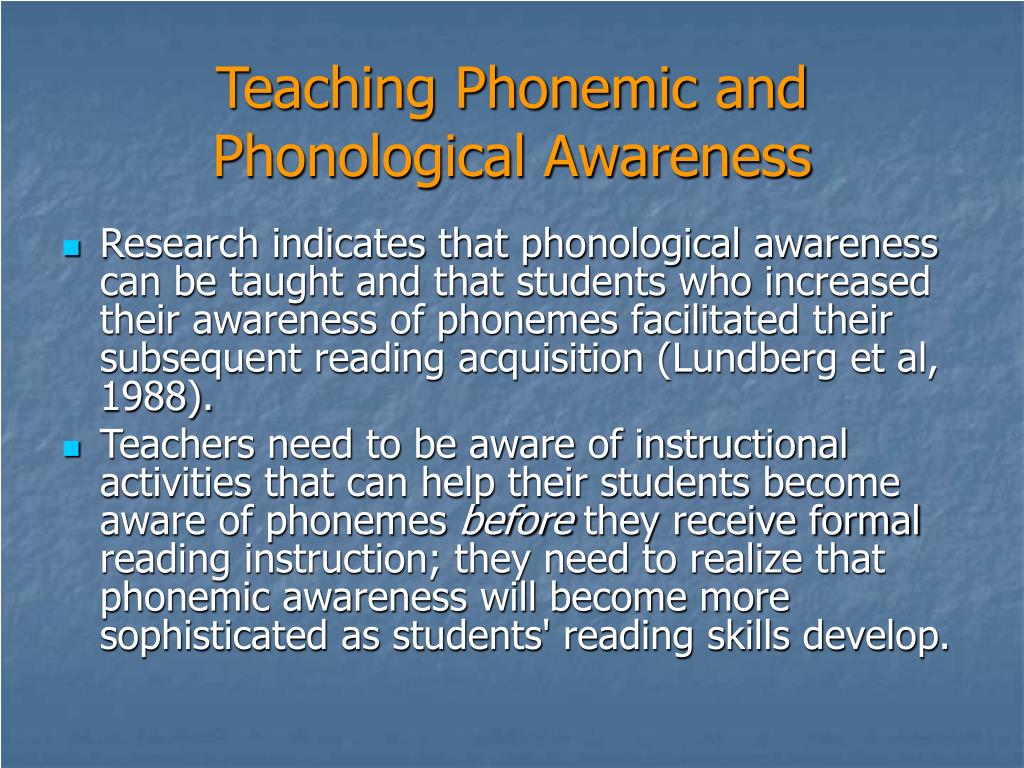 Also, with proverbs, students' speech will sound more natural. I offer six ideas on how to use proverbs in the classroom. […]
Also, with proverbs, students' speech will sound more natural. I offer six ideas on how to use proverbs in the classroom. […]
November 19, 2021
How to work with writing skills in adults who do not need to write school essays
Marina Evstratova
1676
0
3
Adult students do not need to write school essays, but they use writing skills every day: they write working documents, requests to official organizations, messages in instant messengers, personal notes. Do you know how to teach these types of writing right in class? In the article, I will analyze in detail the different types of writing and give a lesson plan that is easy to adapt to each of […]
November 16, 2021
Developing the speech of a child 4–10 years old in English: the best techniques
Veronika Avetisyan
1364
0
9
You have asked a question that your little student has already answered many times, but he is silent.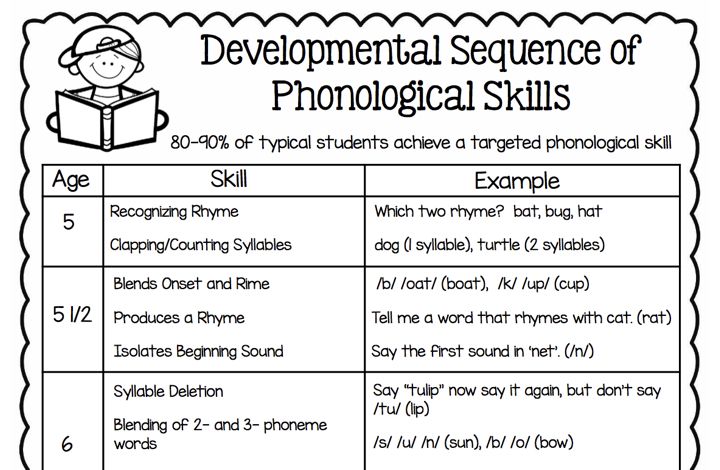 They reminded him - he answered, but after the next question, silence again. Don't blame yourself, try to figure out what the problem is and help your child speak English. I have prepared for you the best ways to develop the speech of a child from four to ten years old. Why children […]
They reminded him - he answered, but after the next question, silence again. Don't blame yourself, try to figure out what the problem is and help your child speak English. I have prepared for you the best ways to develop the speech of a child from four to ten years old. Why children […]
November 15, 2021
How to help a student catch up with the school curriculum. Step plan
Tatyana Tyumentseva
848
0
1
Why do graduates not know English after 10 years of study? One of the reasons is the backlog of the program. The task of catching up with the school curriculum is quite feasible for both the student and the teacher. Professional work will allow not only to help correct grades at school, but also to acquire a grateful and motivated student.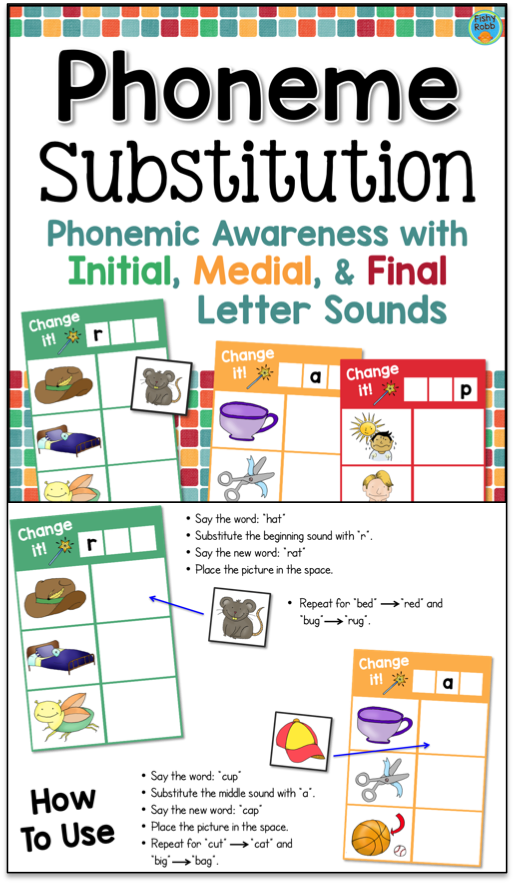 How can a teacher-tutor find and solve the problems of a student, the teacher will tell […]
How can a teacher-tutor find and solve the problems of a student, the teacher will tell […]
← Formerly one 2 3 four 5 6 7 eight 9 … 97 98 Next →
Free events October 2022 in Moscow
Free events October 2022 in Moscow-
3 10993
-
2 1195
-
684
-
3 2276
Photo: unsplash.com
Unusual concerts in the Peter and Paul Cathedral. 12+
Jazz, medieval and classical music on the organ.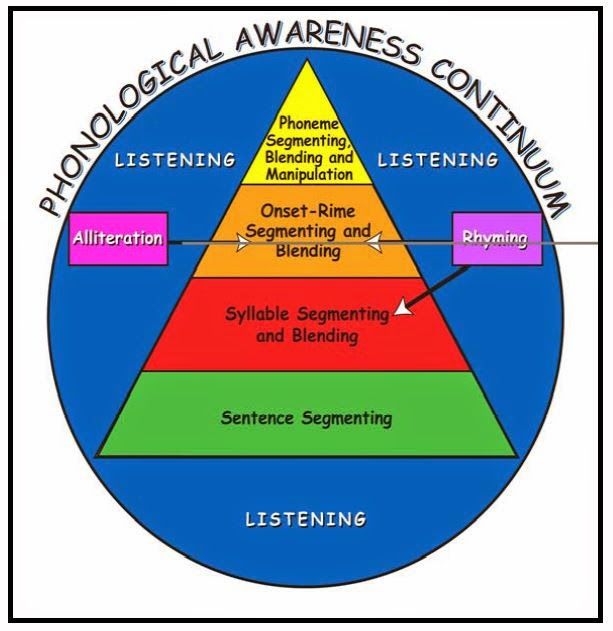
See schedule
Exhibition “Samat. Symphony of Light" 6+
Photographer Samat strives to convey to the viewer the color palette created by nature. The "Last Samurai" of analog photography will present landscapes of the Far East and the Russian North, created using hand-printing techniques.
Event already passed
Exhibition of Italian education “Study in Italy! Studio in Italy! 0+
The exhibition, which has been running successfully since 2012, will be held online for the third time.
Register for free
Project "Sports Weekend" 18+
Going in for sports in Moscow efficiently and with pleasure is easy! The unique Sports Weekend project, launched by the Moscow Department of Sports and the My Documents Public Services Center, provides an opportunity to train for free in parks and online under the guidance of professional trainers.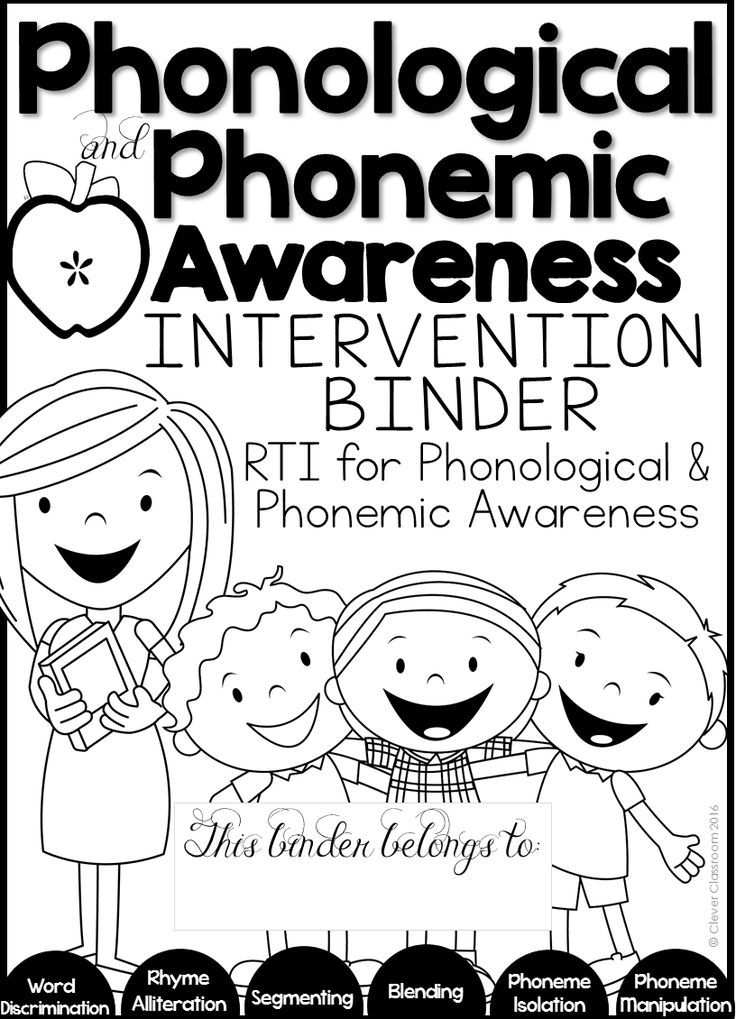
Sign up for a workout
Indian market and food court "Delhi Bazaar" 0+
A real Indian bazaar will not leave indifferent those who have visited India at least once, are interested in the culture of this country or simply love extraordinary shopping.
Event already passed
JavaScript Open Day at Elbrus Coding Bootcamp 18+
Do you want to quickly master the profession of a developer and start developing a career in the IT field? Then don't miss the open day at Elbrus Coding Bootcamp, where you can learn everything about this specialty and get answers to all your questions.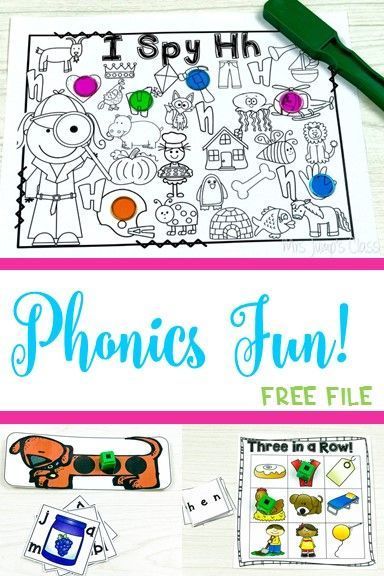
Elbrus Coding Bootcamp School
Sign up for an open day
Stand-up show from Stand Up Afisha with free admission 18+
Fresh jokes from experienced comedians and rising stand-up stars - at free concerts from Stand Up Afisha.
Book a table
Moscow Museum Week 0+
Moscow Museum Week is a campaign that allows visiting some Moscow museums free of charge on the days assigned to cultural institutions every third week of the month. We tell you when and where to go without taking out your wallet.
We tell you when and where to go without taking out your wallet.
Meeting "Reading with the dog" in the Russian Children's Library 0+
Therapy dog will help your child make friends with books. After all, when such an attentive and fluffy listener is nearby, reading becomes even more interesting.
Russian State Children's Library
Halloween 2022 in Moscow 0+
Fans of scary stories, treats and reckless fun have already begun to prepare outfits to properly celebrate the upcoming Halloween.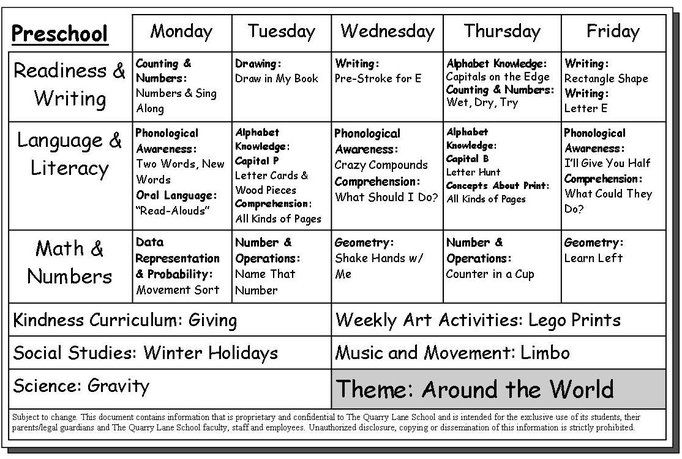 What you need to know about the holiday and how not to stay away? Now we'll tell you.
What you need to know about the holiday and how not to stay away? Now we'll tell you.
Exhibition “White Cube. August" 0+
Go for a walk through the back streets of the consciousness of contemporary artists!
Moscow Museum of Modern Art in Ermolaevsky lane
Book quest "Find a bookmark" from the publishing house "Bombora" 0+
Go for a walk and find a bookmark: your reward is up to 30% discounts, a cash prize and a year's supply of books.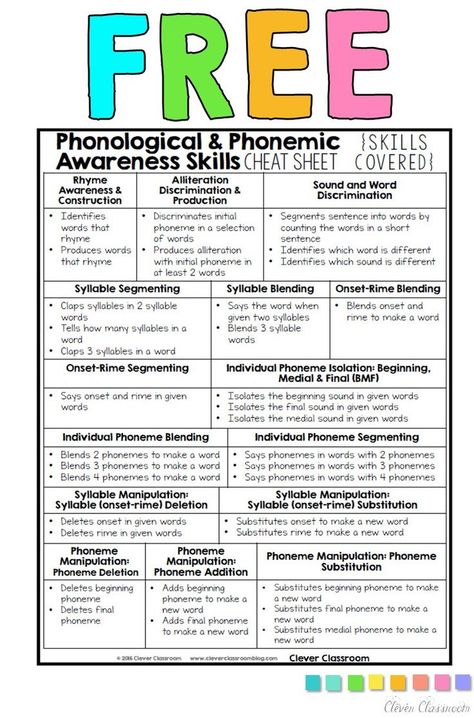
Event already passed
Lecture course "Manga: the history of Japanese comics" at the Russian State Children's Library 0+
All anime fans and otaku get ready: the RGDL is already giving a course of eight lectures on manga, from the origins to Miyazaki.
Russian State Children's Library
Bus tours "Walks with Smirnov" from "Radio 7" 0+
From the Petrine era to the Stalinist skyscrapers, from theater to aviation: Philip Smirnov, historian and host of Radio 7, invites you on author's excursions.
Soyuzmultfilm children's matinees at Moskino 0+
Free screenings of Soviet cartoons on the big screen.
Antique market "Bloshinka" 6+
The antique market is not only things with history, but also a rich palette of feelings.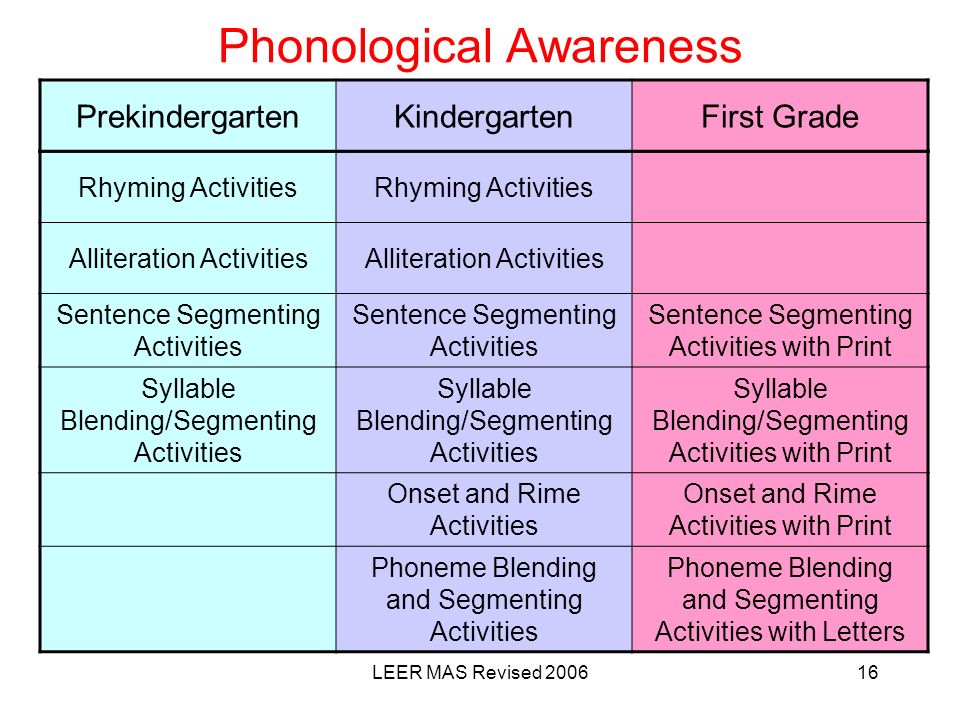 To improve your mood and feel the charming atmosphere, it is worth visiting the Flea market, where you can find exquisite porcelain, antique decor items, silver jewelry and much more.
To improve your mood and feel the charming atmosphere, it is worth visiting the Flea market, where you can find exquisite porcelain, antique decor items, silver jewelry and much more.
9014
Learn more
Exhibition Beware! 0+
Pop/off/art gallery presents the first solo exhibition of Mikhail Levius.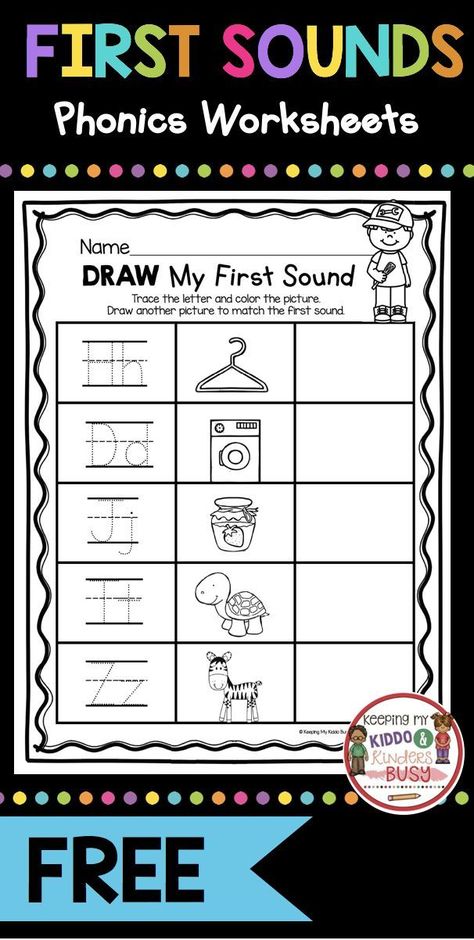 The exposition will tell about despair, grief, losses, as well as about a world that is undergoing catastrophic changes.
The exposition will tell about despair, grief, losses, as well as about a world that is undergoing catastrophic changes.
Event already passed
Exhibition "Autarky" 0+
Misha Bury presents a new exposition dedicated to the era of the new man. Autarky in the understanding of Brown is a world where people can no longer influence anything, and the ruthlessness of reality turns them into creatures that constantly mutate.
Ruarts Contemporary Art Gallery
Exhibition-fair of folk arts and crafts of Russia “The Firebird.
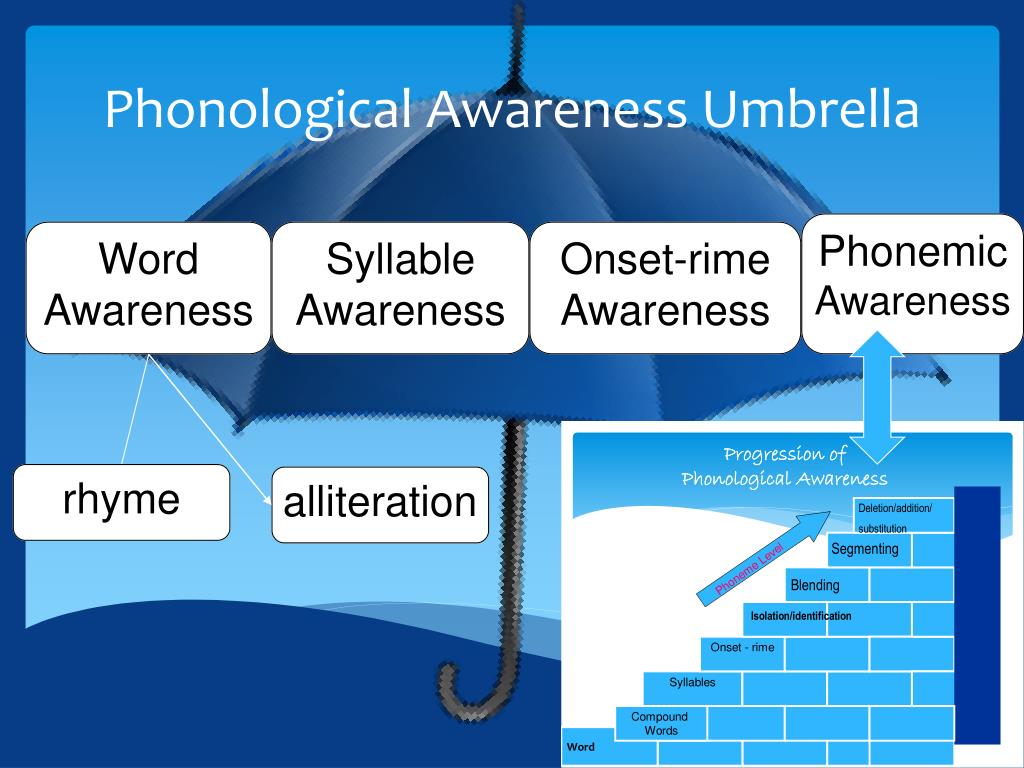 Autumn 2022" 0+
Autumn 2022" 0+ Artists, craftsmen and designers from different regions of the country will gather in Moscow for a large-scale exhibition-fair. Here you will be able to purchase original handmade products - jewelry, lace, ceramics, leather accessories and much more.
Event already passed
Art project "Here and Now" 0+
Contemporary art goes beyond four walls and waits at almost every step.